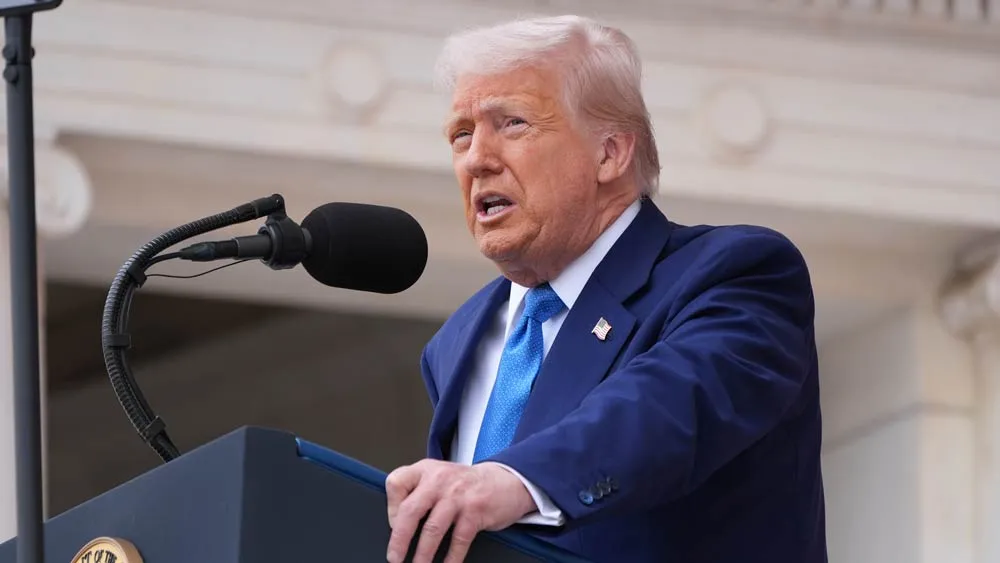December 8, 2013
amfAR Mourns Loss of Nelson Mandela
Nelson Mandela, the former president of South Africa, Nobel Peace Prize recipient and longtime HIV/AIDS activist, passed away on Thursday, December 5, 2013. He was 95.
"Nelson Mandela's leadership as both an anti-apartheid campaigner and an AIDS activist was imbued with an unrivalled moral authority," said amfAR Founding Chairman Dr. Mathilde Krim, who knew Mr. Mandela. "He was a humanitarian in the purest sense of the word and his gentle presence in our turbulent world will be sorely missed."
Mr. Mandela was instrumental in breaking the silence around HIV/AIDS, and strongly urged the global community to unite in the battle against the disease. In 2000, he delivered a rousing closing speech at the International AIDS Conference in Durban, South Africa, where he urged the world to address "one of the greatest threats humankind has faced."
At the time, his successor, President Thabo Mbeki, was denying that HIV caused AIDS, and subsequently prevented the distribution of antiretroviral treatment in the country, which has the world's largest number of people living with HIV.
"AIDS is clearly a disaster, effectively wiping out the development gains of the past decades, and sabotaging the future," Mandela stated. "We need to break the silence, banish stigma and discrimination, and ensure total inclusiveness within the struggle against AIDS."
In 2005, Mr. Mandela urged families to break the silence again and speak openly about the disease's toll, after announcing that his son Makgatho Mandela, had died of complications related to AIDS. The same year he took part in amfAR Chairman of the Board Kenneth Cole's "We All Have AIDS" awareness campaign, designed to fight stigma and encourage testing.
"I had the privilege of meeting Mr. Mandela on several occasions and his wise insights and profound sense of human dignity have been my greatest inspiration," said amfAR Chairman of the Board Kenneth Cole. "He dedicated his life to overcoming adversity and injustice, and was relentless in his quest for social change and human rights. Nowhere are the themes of his life more applicable than in the fight against HIV/AIDS, and he leaves behind a legacy that presses us to continue fighting discrimination, and to work to end this epidemic."
Mandela spent 27 years in prison in an effort to end a 46-year long racial segregation policy in South Africa known as apartheid. Shortly after receiving the Nobel Peace Prize in 1993 with former South Africa president F.W. De Klerk, for their work to end apartheid, Mandela was elected the country's first black president.
Witnessing the ravaging effects of the AIDS epidemic across sub-Saharan Africa, the battle against HIV/AIDS became central to Mandela's mission after his presidency. He launched a global campaign urging all governments to declare the AIDS epidemic not just a public health crisis, but also a human rights issue.
Mandela pushed for all HIV-positive people in South Africa to have access to antiretroviral drugs through the public health system, and by the end of 2011, nearly two million South Africans were on treatment. He was also the driving force behind "46664" (his prison number), a worldwide campaign to raise global awareness about HIV/AIDS and funds to fight the pandemic in Africa. The Nelson Mandela Children's Fund, founded in 1995, supports programs for orphaned children living with HIV/AIDS.
"Nelson Mandela was a great leader who used his powerful platform to advocate for providing treatment and care to the millions of people living with AIDS, and ending the stigma associated with it," said amfAR Chief Executive Officer Kevin Robert Frost. "He has left an indelible mark on world history, and he will continue to inspire us all as we fight for an AIDS-free generation."




